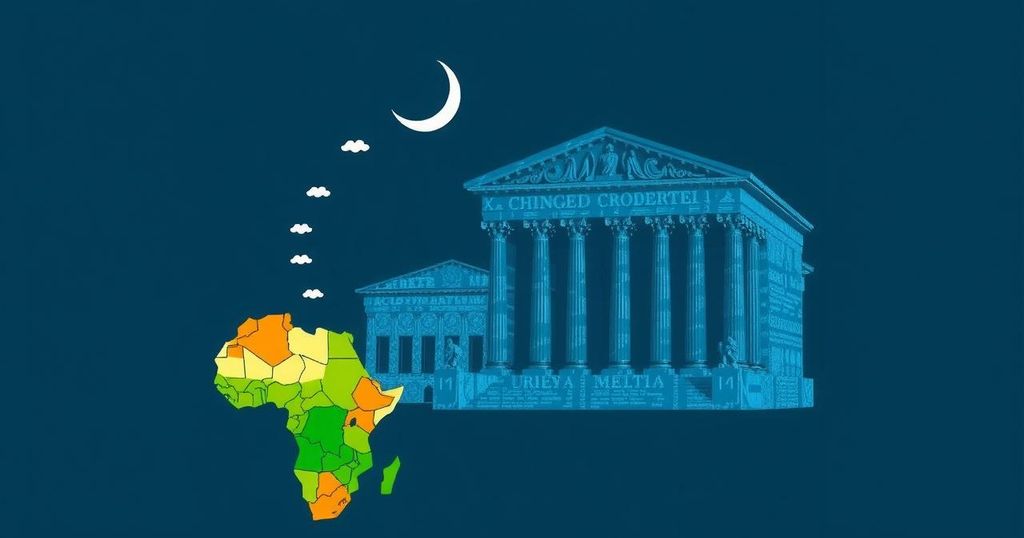The ICJ is set to conduct unprecedented hearings on climate obligations, engaging over 100 countries to define legal responsibilities for environmental protection against greenhouse gases. These hearings follow critical climate finance pledges made at COP29, with the world awaiting guidance on legal consequences for nations neglecting their duties to combat climate change.
The International Court of Justice (ICJ) is set to initiate groundbreaking hearings focused on the legal obligations countries hold in protecting the environment from harmful greenhouse gas emissions. Over 100 nations and organizations are expected to participate in these proceedings in The Hague, with significant attention on the legal guidance that the ICJ can provide in the battle against climate change. Activists are optimistic about the potential impact of the court’s non-binding advisory opinion, even as others express concerns about its effectiveness and the lengthy timeline for a ruling.
These hearings occur shortly following the COP29 climate summit, where developed nations pledged to contribute $300 billion annually for climate finance by 2035, a commitment criticized as insufficient by poorer nations. The UN General Assembly has referred two main questions to the ICJ: the international legal obligations of states to protect the climate and the consequences for those who significantly harm it. This includes considerations for vulnerable countries facing existential threats from climate change.
The impending hearings at the ICJ mark a historic moment as they represent the highest level of international legal scrutiny directed at climate obligations. This development stems from growing concerns about climate-related incidents affecting nations, particularly smaller island nations threatened by rising sea levels and extreme weather. The initiative was propelled by a resolution from the UN General Assembly, reflecting the urgent need for clarity on states’ responsibilities regarding climate action.
In summary, the ICJ’s forthcoming hearings signify a pivotal moment in addressing climate change through legal channels. As nations and organizations prepare to present their cases, the global community eagerly anticipates the court’s guidance on every country’s obligations to mitigate climate impact and the legal ramifications of failing to do so. The culmination of these proceedings may shape the future landscape of international climate law, offering a framework for accountability in climate action.
Original Source: globalnation.inquirer.net







